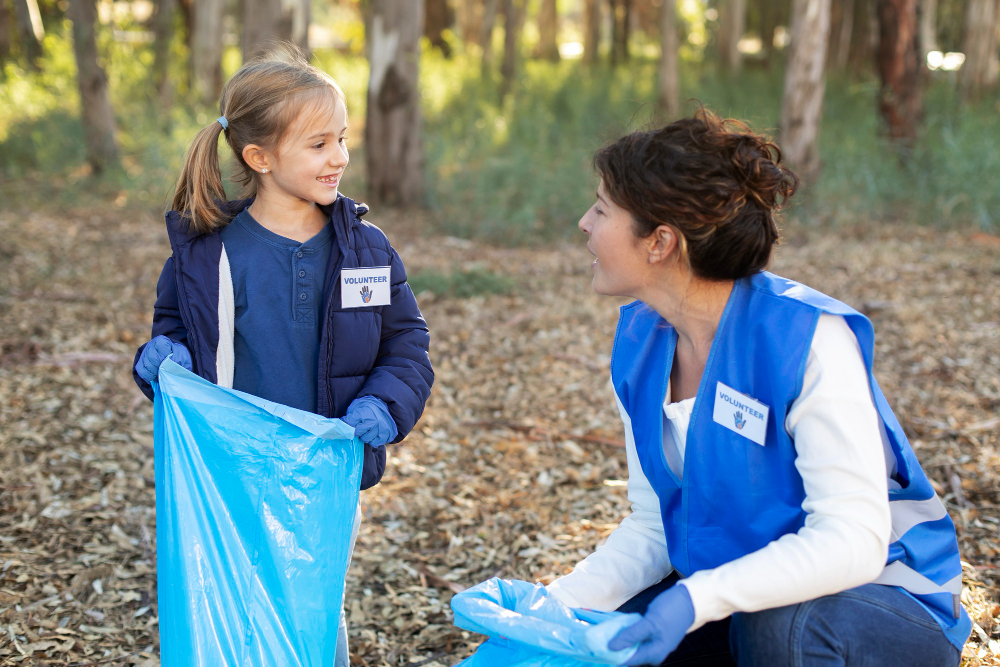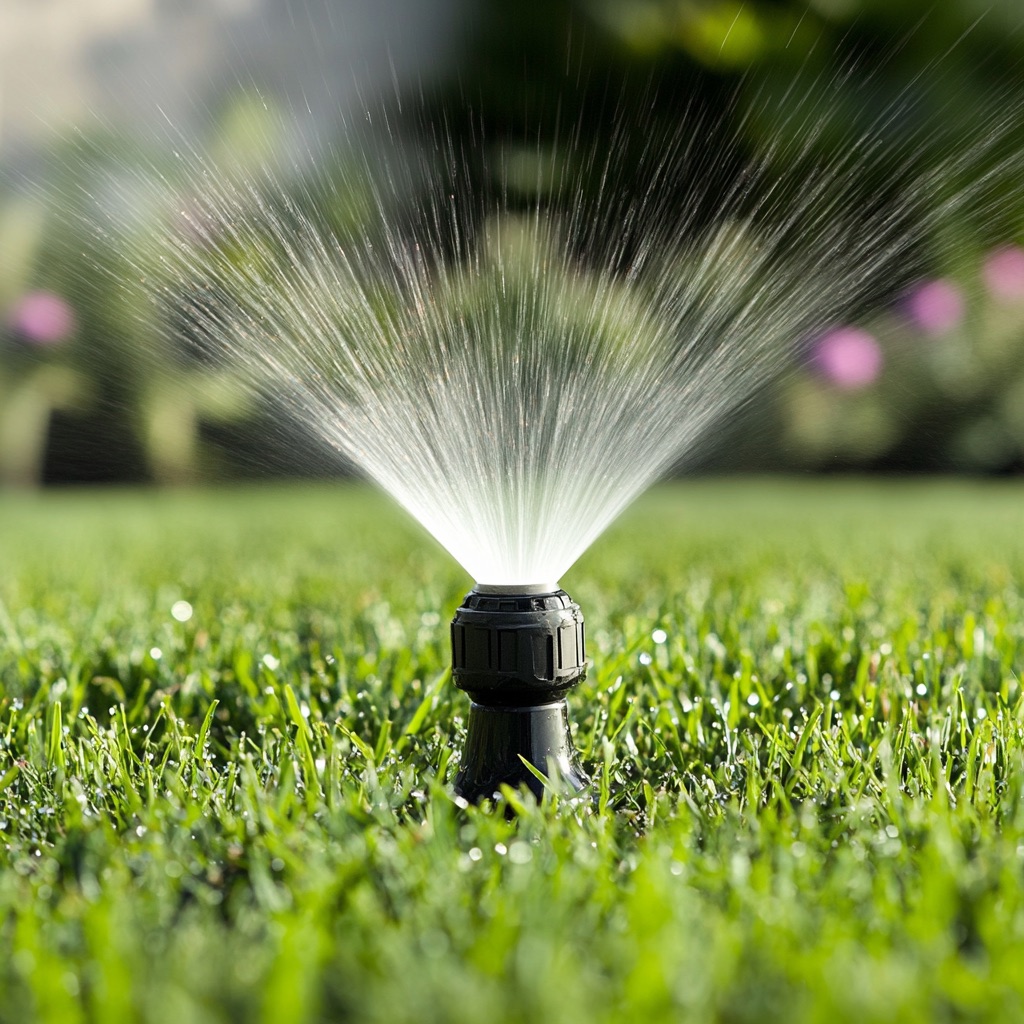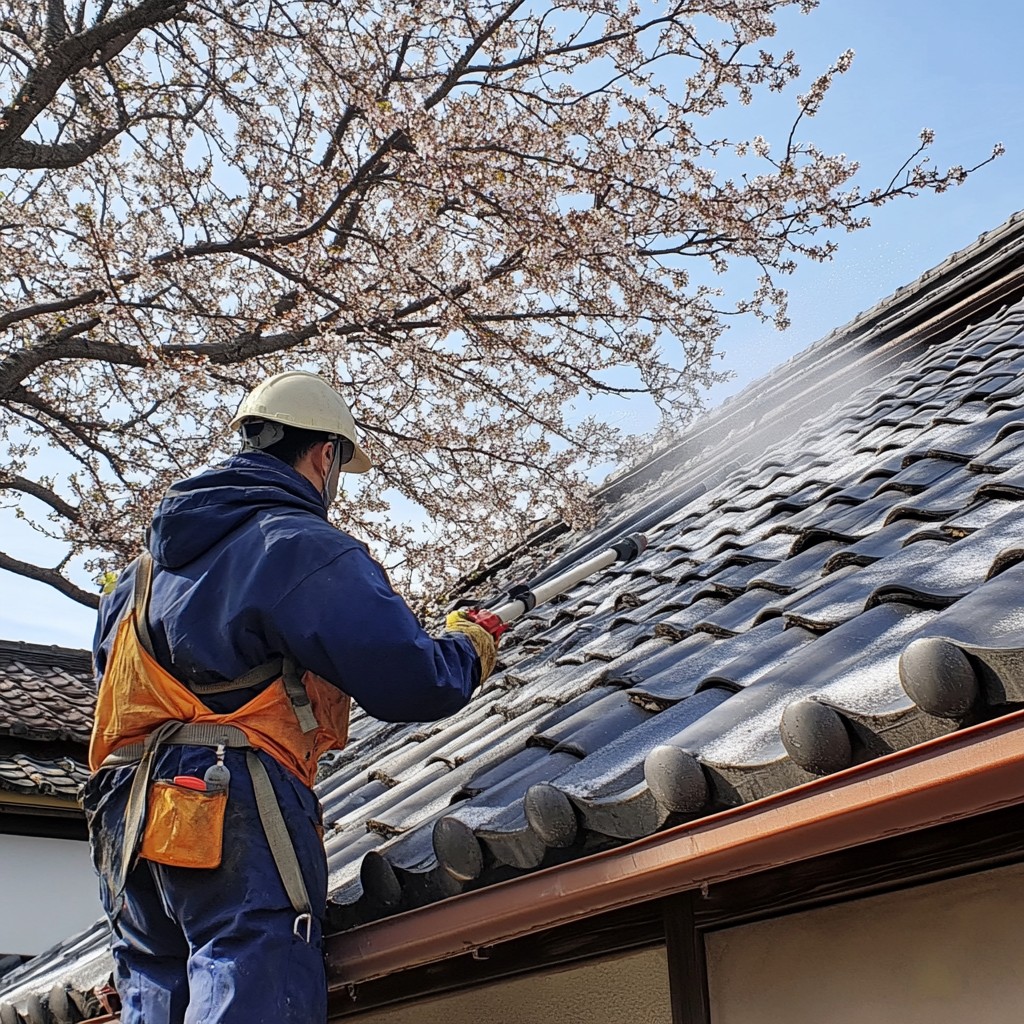Last updated on
Green living is not just a passing trend, but a way to save the planet. From shifting corporate mindsets to driving changes at personal levels, sustainability awareness is making a difference. Americans are at the forefront of this mindset shift.
According to a recent survey, adults believe the country should prioritize renewable energy sources. Nearly the same share (69%) wants the country to adopt measures to become carbon neutral by 2050. Besides the awareness of climate change, eco-conscious consumerism and sustainable travel are now common in the country.
Things are changing at the grassroots, with families of all sizes and income levels embracing eco-friendly values. New research states that the younger generation is the change driver in this context. Moreover, eco-active homes in the US have increased from 16% in 2019 to 22% in 2021.
As a parent, you cannot wait for your kids to raise concerns regarding environmental issues. You have a duty to educate them on protecting the earth and embracing sustainable values and mindsets. That’s the only way to ensure a green future for the next generations.
In this guide, we will share actionable steps for parents looking to raise eco-conscious children.
Promote a Minimalist Lifestyle

Consumerism significantly contributes to environmental degradation. Minimalism is the best strategy to deal with this issue. Your wardrobe is the right place to start as surveys show that the average American household spends $1500 on clothing annually.
A minimalist wardrobe can save money and set a good example for your children. The same applies to every other aspect of life at home, from groceries to furniture and appliances.
Besides buying less, declutter often and involve your kids in the process, no matter how young they are. Donating unused items fosters a sense of responsibility toward reducing waste and helping the needy. You can empower your children to make eco-friendly choices by instilling the principles of mindful consumption.
Educate about Recycling
Recycling goes a long way in reducing your footprint on the planet, making it a top priority when it comes to educating children on green habits. Teach them about the significance of recycling, explain what they can and cannot recycle, and discuss actionable techniques. Think beyond giving verbal lessons and showing videos about composting and recycling.
Get your children actively involved in recycling projects right from an early age. Begin by composting and recycling at home. Take your kids along for your weekly recycling runs. Encourage them to volunteer in neighborhood activities to give them the feeling of contributing to the community. Remember that every small step makes a difference.
Spend Time Outdoors

According to a new poll, 50% of American parents stress about their children not engaging in outdoor play enough. Spending time outdoors does more than encourage physical development and mental well-being. It also lays the foundation of a green mindset in youngsters. A strong connection with nature creates a sense of responsibility for the environment.
Set aside outdoor family time to foster that connection. Play in the backyard, explore parks, and plan weekly hiking trips with your kids. Show them the diverse ecosystems and nurture curiosity about local flora and fauna. At home, plant a garden together where they can witness the magical seed germination process. Let nature do its bit to teach your children a few lessons on sustainability.
Lead by Example
Children often emulate parental behavior, making it essential to set the right example for them. Everything you do has an impact on them, from your thoughts to actions and behavior. Demonstrate sustainable practices in everyday life, such as reducing, reusing, and recycling. Small steps like using reusable shopping bags and avoiding plastic utensils at home can create the right mindset and lifestyle.
Encourage energy savings by turning off appliances and lights when not in use. It will cut your energy bills and send the right message to your children. Using homemade cleaning products is another way to lead by example. Embodying environmentally conscious choices enables you to set a tangible model for your kids to follow.
Encourage Critical Thinking
Young minds often struggle with the complexities of environmental issues. You cannot expect a five-year-old to understand the concept of carbon footprint. However, encouraging critical thinking when they are young can set them on the right track. That starts with fostering a sense of curiosity and patiently answering their questions.
Adopt age-appropriate measures to develop their vision as they grow up. For example, you can watch TV shows raising environmental issues and discuss current events related to the environment. Educate them to consider different perspectives, evaluate information, and form their own opinions. Encourage participation in community initiatives promoting sustainability.
The Takeaway
Raising eco-conscious kids requires ongoing and consistent efforts. You need to educate them, cultivate the right mindset, and give examples with actions. The effort is worthwhile because you can contribute to a healthier planet by instilling these values in your children. Moreover, you nurture a generation that can address the environmental challenges ahead.
Table of Contents




